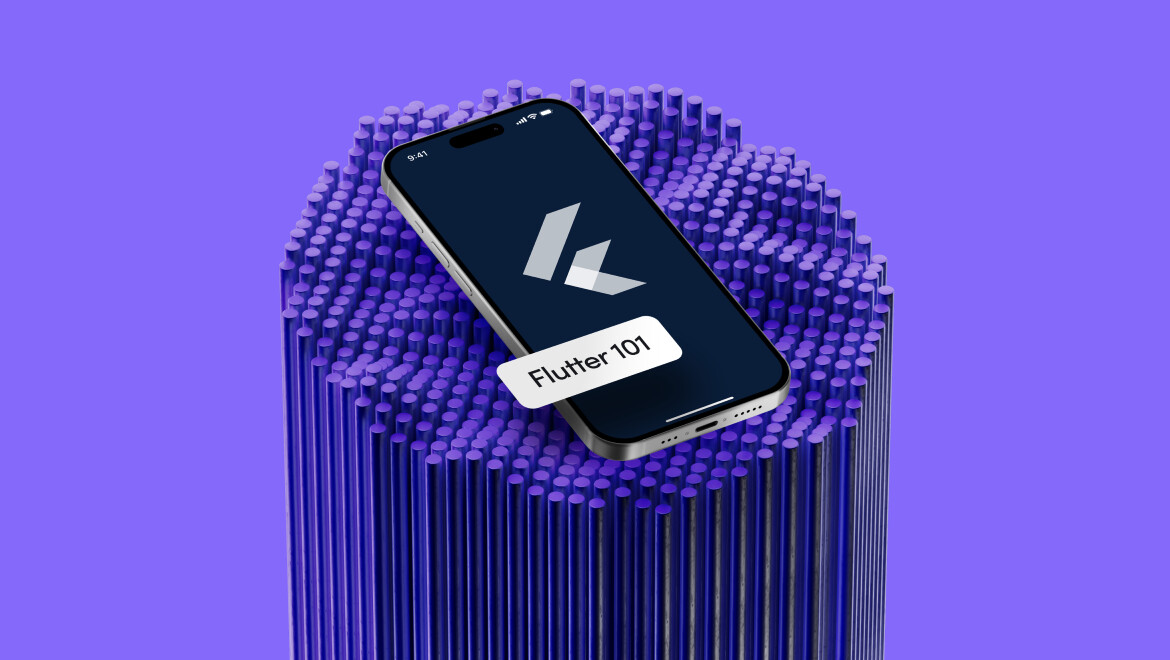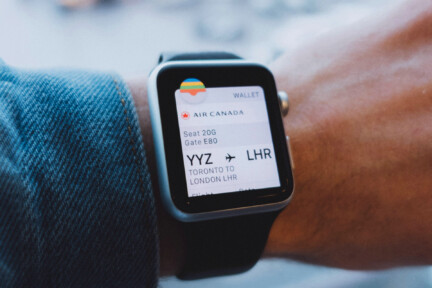- Home
- Flutter 101
- Flutter for Travel App Development


Flutter for Travel App Development
Flutter for Travel App Development
Flutter Travel App
Flutter allows developers to create cross-platform applications, meaning the same codebase can be used to develop apps for both iOS and Android. This reduces the development time and cost, making Flutter an excellent choice for travel app development.
Why Use Flutter for Travel Apps?
Flutter is a popular choice for travel apps because of its ability to deliver high-performance and visually appealing interfaces. For a travel app, speed, smooth navigation, and the ability to handle multiple features like booking, maps, and real-time updates are critical. With Flutter’s single codebase approach, developers can implement these complex features across multiple platforms seamlessly.
Key Benefits of Flutter Travel Apps
- Cross-Platform Compatibility
A Flutter travel app works on both Android and iOS devices with a single codebase, significantly reducing development time. - Rich User Interface
Flutter offers customizable widgets and beautiful designs, making travel apps more user-friendly and visually appealing. - High Performance
With Dart, the language behind Flutter, travel apps run smoothly and can handle features like GPS tracking, real-time flight updates, and booking systems without lag. - Faster Development
Flutter’s Hot Reload feature allows developers to see the effects of code changes immediately, speeding up the development of the travel app. - Cost-Effective
Since you can use the same code for multiple platforms, the cost of maintaining a Flutter travel app is lower than maintaining separate apps for iOS and Android.
Practical Use Cases of Flutter in Travel Apps
- Flight Booking and Management: Flutter travel apps can provide a smooth and interactive experience for booking flights, checking flight statuses, and managing itineraries.
- Hotel and Accommodation Search: Flutter’s design flexibility allows for intuitive hotel browsing, booking, and real-time availability checks.
- GPS and Maps Integration: Many Flutter travel apps utilize GPS features for location-based services, such as nearby attractions, restaurants, and hotel suggestions, or route planning for travelers.
- Offline Access: Travel apps built with Flutter can include offline capabilities, ensuring users can access critical information like bookings or itineraries without an internet connection.
In conclusion, using Flutter for travel apps offers robust, cross-platform development capabilities, rich UI, and high-performance features essential for delivering a seamless user experience.
Ready to discover more terms?




![[header] top 15 travel app features](https://www.miquido.com/wp-content/uploads/2017/09/header-top-15-travel-app-features-432x288.jpg)
